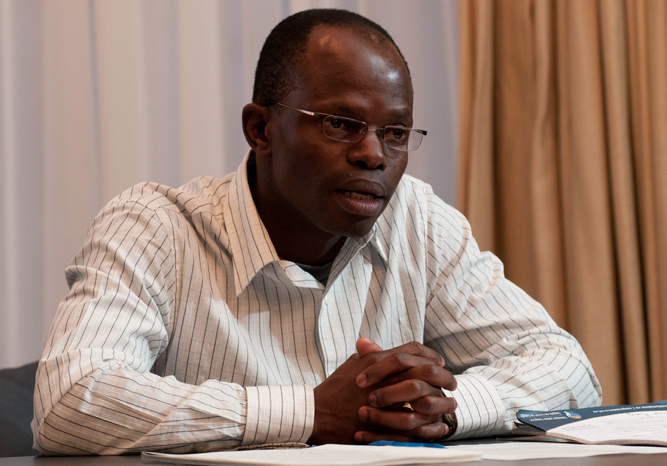
Swaziland: ICJ condemns the harsh prison term imposed on Thulani Maseko and Bheki Makhubu
The ICJ condemned today the sentence imposed on Thulani Rudolph Maseko and Bheki Makhubu following their conviction on two counts of contempt of court

The ICJ condemned today the sentence imposed on Thulani Rudolph Maseko and Bheki Makhubu following their conviction on two counts of contempt of court
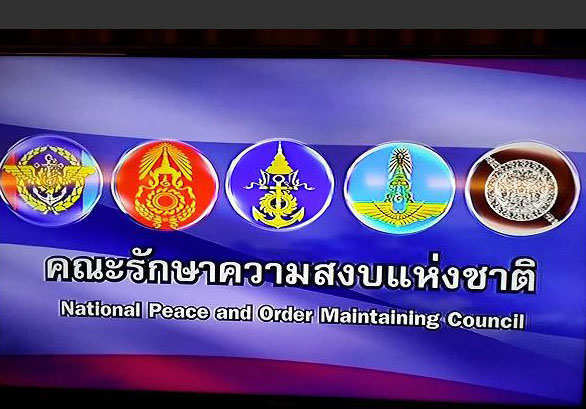
The new interim Constitution unveiled on Tuesday by the National Council for Peace and Order (NCPO) includes several provisions that place the NCPO and its agents above the rule of law, the ICJ said today.
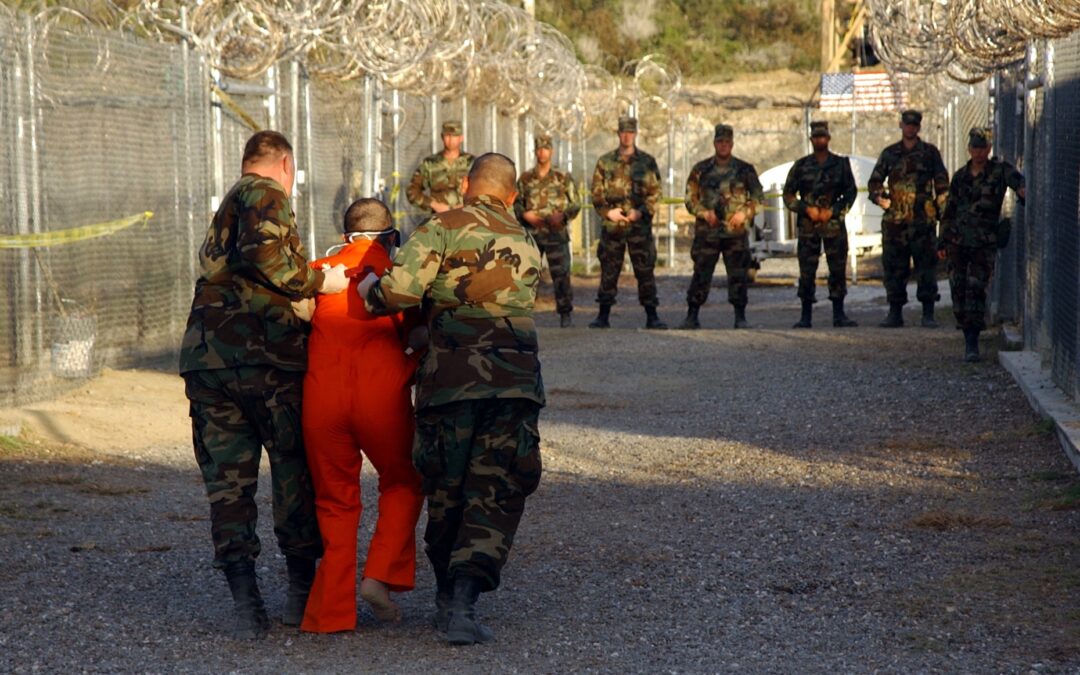
Today’s judgments of the European Court of Human Rights, finding Poland responsible for violating the human rights of two victims of CIA renditions and secret detentions, involving enforced disappearance and torture, is a victory for the rule of law in Europe, the ICJ said today.
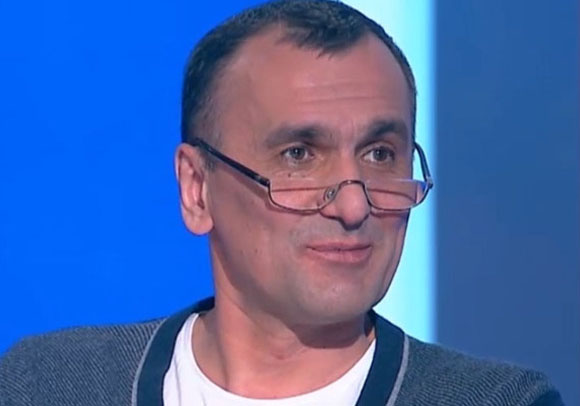
The ICJ today expressed concern at recent attempts by Russian investigative authorities to impede the work of lawyer Georgy Antonov.
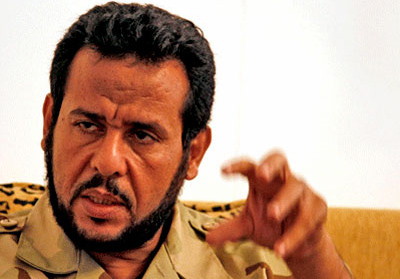
From Monday 21 July the Court of Appeal will hear the case of Abdul-Hakim Belhaj and Other v. Jack Straw & Others.
It involves a damages claim by a Libyan couple against former and current UK officials for their alleged complicity in the claimants’ torture and illegal transfer to Libya’s Gaddafi regime.
The ICJ, Amnesty International, JUSTICE and REDRESS intervened jointly in this case, which may set an important precedent for future claims brought by torture victims.
The full press release can be downloaded here:
UK-Belhaj Rendition case-news-press release-2014 (full text in pdf)
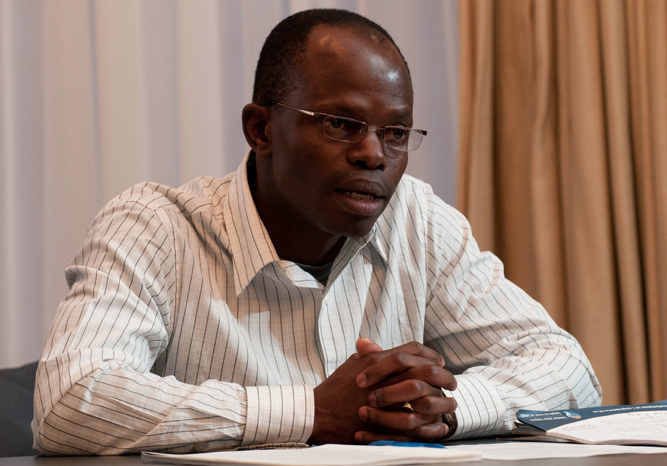
The ICJ is appalled by the decision of the High Court in Swaziland to convict Thulani Rudolph Maseko and Bheki Makhubu on contempt of court charges.